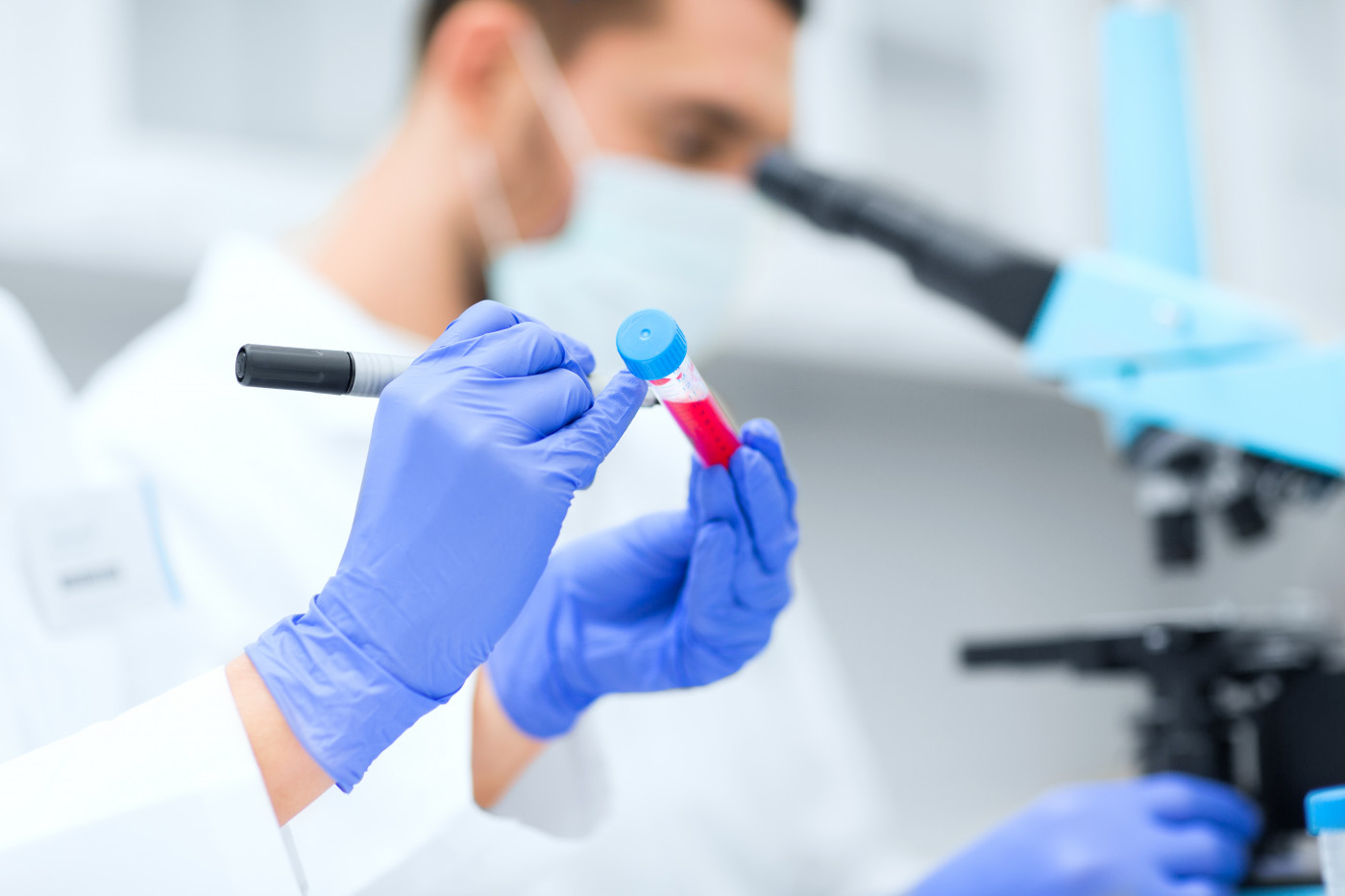TH17-suppressing Pregnancy Proteins May Be MS Therapeutic Target

Proteins called PSGs suppress the pro-inflammatory activity of immune Th17 cells during pregnancy, potentially playing a protective role against complications and miscarriage, a study finds.
The impaired regulation of Th17 is associated with pregnancy complications, like preeclampsia and preterm delivery — and also with the development of autoimmune diseases such as multiple sclerosis (MS).
According to the scientists, the results of this research could be used to develop new therapies not only for pregnancy maintenance but also for the treatment of various autoimmune diseases, like MS.
The study, “The effects of human pregnancy-specific β1-glycoprotein preparation on Th17 polarization of CD4+ cells and their cytokine profile,” was published in the journal BMC Immunology.
“Even when the course of pregnancy is relatively normal, increased Th17 levels can interfere with the development of a baby’s nervous system,” Larisa Litvinova, MD, head of the Center for Immunology and Cellular Biotechnology at Immanuel Kant Baltic Federal University, in Russia, and study co-author, said in a university press release.
“The team concluded that the bodies of pregnant women must produce some active substances to fight the inflammation caused not only by the presence of a fetus but also by an actual disease,” the university said in the release.
During pregnancy, the immune system must suppress its pro-inflammatory components. Otherwise, they might target the growing baby, a source of foreign antigens to the woman’s body.
Th17 cells are a population of helper T-cells that produce interleukin-17 (IL-17), an immune signaling protein called a cytokine. An increase in these cells is linked to pregnancy complications, potentially triggered by the pro-inflammatory IL-17.
An increase in Th-17 also is associated with autoimmune diseases like MS, which often go into remission during pregnancy. This suggests that some factor that is suppressing these immune cells during pregnancy also may be able to suppress disease-related increases in Th17.
Pregnancy-specific beta-1-glycoproteins, called PSGs, are produced by placenta cells and serve to modulate the body’s immune response through the regulation of pro-inflammatory and anti-inflammatory factors. Although PSGs are known to function in immune modulation, their role in Th17 cells has not been well-characterized.
“Failed immune regulation of Th17 leads not only to pregnancy complications but also to the development of autoimmune diseases such as asthma, psoriasis, rheumatoid arthritis, Crohn’s disease, multiple sclerosis, and others,” the investigators wrote. As possible regulators of Th17, PSGs could therefore have potential as a treatment for autoimmune diseases.
Here, the researchers investigated the effect of PSGs on the production of Th17 cells and IL-17 secretion.
First, they analyzed TH17 precursor cells when grown in conditions to produce Th17. These precursors were grown in cultures with PSG collected from healthy pregnant women and assessed for differentiation into TH17 cells and the production of IL-17. The PSG concentrations of 1, 10, and 100 micrograms (mcg)/mL correspond to the first, second, and third trimesters of pregnancy, respectively.
PSG at concentrations of 10 and 100 mcg/mL was found to decrease, in a dose-dependent manner, the percentage of proliferating Th17 precursors. Specifically, at 10 mcg/mL, the percentage was 47.3%, while at 100 mcg/mL, it was 42.3%. That compared with 49.9% in the control group, where no PSG was added. Conversely, PSG at concentrations of 10 and 100 mcg/mL increased the percentage of non-proliferating Th17 precursor — 50.3% and 55.0% vs. 47.6% in the control group.
These results indicate that PSG suppressed Th17 precursor proliferation.
“PSG concentrations of 10 mcg/mL and 100 mcg/mL decreased the percentage of proliferating and increased the percentage of non-proliferating helper T cells,” the researchers wrote.
Analysis of differentiated Th17 cells in PSG concentrations of 10 and 100 mcg/mL found a reduced percentage of proliferating and an increased percentage of non-proliferating cells. These results indicate that PSG suppresses the proliferation of Th17 precursors as well as their differentiation into these cells.
In Th17 precursors, PSG at a concentration of 100 mcg/mL — which corresponding to a pregnancy’s third trimester — suppressed the secretion of numerous cytokines, with the most pronounced reduction in IL-17 (2.64-fold) and GM-CSF (2.74-fold), both of which enhance pro-inflammatory responses.
The reduction in IL-17 is associated with a decrease in the proliferation of these cells, suggesting that IL-17 may be directly linked to the anti-proliferative effect of PSG, the team suggested.
“In the experimental model used, PSG had an expressed suppressive effect on the proliferation and Th17 [differentiation] and on their cytokine/chemokine production. As Th17 activity and an increase in pro-inflammatory cytokine production are unfavorable during pregnancy, the revealed PSG effects may play a fetoprotective role,” the researchers wrote.
Based on the results, the team also suggested that therapies based on pregnancy PSGs could have pharmacological potential for the treatment of autoimmune diseases.






